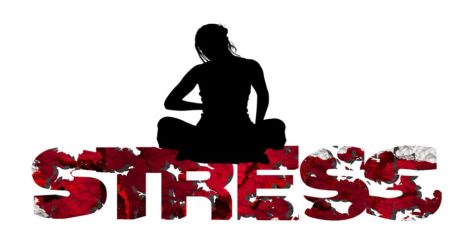How to Study Effectively
Study Tips for a Successful School Year
As students at Midlo High School dive into the school year, they face loads of new content and upcoming quizzes and tests. With this significant workload, it is sometimes difficult to find the time to study, especially for students involved in extracurricular activities.
The first and most crucial part of studying is the plan devised to gain the knowledge needed. A great way to start is to write out a schedule. Keep in mind planning around other activities and prioritizing tasks so that the plan stays realistic. To prevent cramming, master a little bit of the goal every day. This assists the brain in retaining information that can ultimately boost confidence on the material that needs to be remembered. Taking little breaks throughout study time also enhances focus and prevents procrastination. A few beneficial ways to take a quick break include: exercising, walking outside, talking to a friend, and listening to music.
Another key part of studying is the environment. Studying in a place with a large crowd provides constant distractions that threaten to continuously prevent students from learning. A library or a quiet space proves more effective because the focus is directed more on the information and less on what other people are doing. Also, creating space from distractions, such as cell phones will allow more focus and less procrastination. Studies also show that if students take time to do their work outside, they perform better because it can boost memory, increase concentration, and decrease stress. Plus, a neat study space will make it easier to find and learn notes, creating better productivity.
Creating better habits helps better the way students learn information. To start, nutrition plays a crucial role in learning new information. Food is fuel, so poor health has the potential to make focusing harder than ever. Try to ditch the junk food and consume healthy foods, including protein and vegetables. Plus, make sure to include lots and lots of water. Reviewing before sleep is another tactic proven to improve memory because sleep helps our brains retain information after learning it. The cortex, an area in the brain critical to memory, remains active during sleep. Another effective way to learn is to copy down notes a few times for better memory.
If put to practice, these simple tips have the potential to improve study skills, which in turn can improve grades and boost overall confidence on the information learned. So, next time a stressful test lurks around the corner, make sure to resort to these pointers in preparation.









